If you're feeling increasingly anxious saying what you think, you are not alone.
Regardless of how moderate or extreme their views are, across the world, self-censorship is on the rise among those on both the right and left. The impacts of self-censorship are mixed, but too much can contribute to multiple problems. People with anxiety often edit what they are about to say in their minds because they do not want to offend anyone. They try to find the perfect moment to bring up something and they worry about the impact that they have on other people. They tend to assume the worst and worry about all the things that might go wrong.
Fear of government repression for speaking one’s mind is not a major factor leading people to self-censor. Rather, It is fear that expressing an unpopular view will result in being isolated or alienated from family or friends. Self-censorship may be a survival strategy of sorts in a culture that is toxically polarized, in which different camps see themselves as aggressively divided on an increasingly broad range of issues. Say the wrong thing, and you risk identifying yourself as part of an enemy camp on any issue in the news. It might sound incredible that people are self-censoring in an era of so many extreme and polarized views being expressed all the time. While it can feel like just about everyone is confidently proclaiming their views to whoever will listen, today, most people are going through their days carefully avoiding sharing their true opinions. People with moderate views, more extreme views, those on the left, and those on the right are all about equally likely to self-censor.
What was a good predictor of self-censorship?
Education. Specifically, those with more formal education self-censor at much higher rates. This suggests that one thing they learned in college was to avoid saying the wrong thing.
What are the impacts of this trend of increased self-censorship?
That is a complicated question, and we cannot say that the trend is simply negative or positive. Worrying about negative responses likely makes some folks more prosocial and thoughtful about what they say. Social norms that marginalize harmful or hateful views so that people who hold them self-censor might be largely positive. This also raises the surprisingly tough question of how societies decide what views are harmful. On the other hand, too much self-criticism and rumination on the imperfections in our words or actions, or on the possibility of losing standing in our social group, can worsen our mental and physical health. Not being able to share our political opinions and other aspects of our inner lives honestly may also become stressful and isolating. Sharing our emotions reduces our stress while making us feel closer to others we share with and providing a sense of belonging. Worrying about seeming foolish or being shunned for saying what we think can also be detrimental in our workplaces. When we do not have access to the information that others hold, because they are censoring themselves and not sharing it, we all lose out on naming problems and finding better-quality solutions.
Depending on the issue, a good option may be to create conditions where workers feel less threatened in expressing what they are thinking. It is not always the right time or setting for a difficult conversation, and power imbalances need to be taken into careful consideration when approaching them. But ultimately, conversations do need to happen for problems to be addressed. This means helping people to feel that, within reason, it is safe not to self-censor. And when they do express their ideas, workers need to be truly heard. If you make it safe enough, you can talk about almost anything, and people will listen... People rarely become defensive simply because of what you are saying. They only become defensive when they no longer feel safe.
The problem is not the content of your message, but the condition of the conversation.
Michel Ouellette JMD, ll.l., ll.m.
JMD Live Online Subscription link

J. Michael Dennis, ll.l., ll.m.
Business & Corporate Strategist
Systemic Strategic Planning
Quality Assurance, Occupational Health & Safety, Environmental Protection,
Regulatory Compliance, Crisis & Reputation Management
Skype: jmdlive
Email: jmdlive@jmichaeldennis.live
Web: https://www.jmichaeldennis.live
Phone: 24/7 Emergency Access
Available to our clients/business partners

